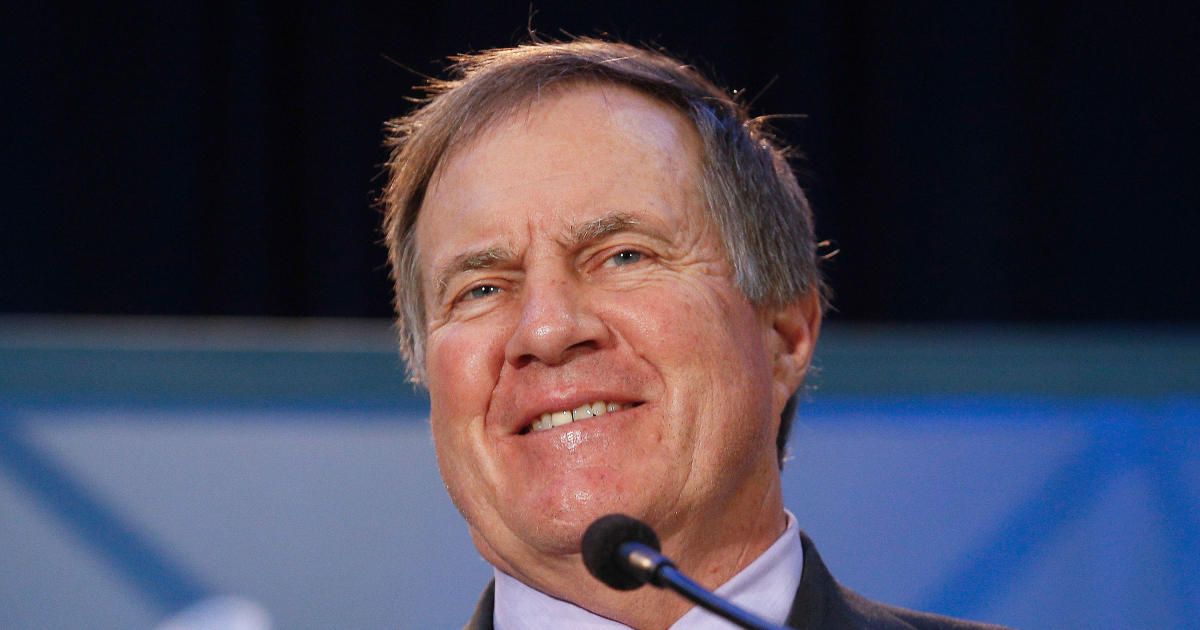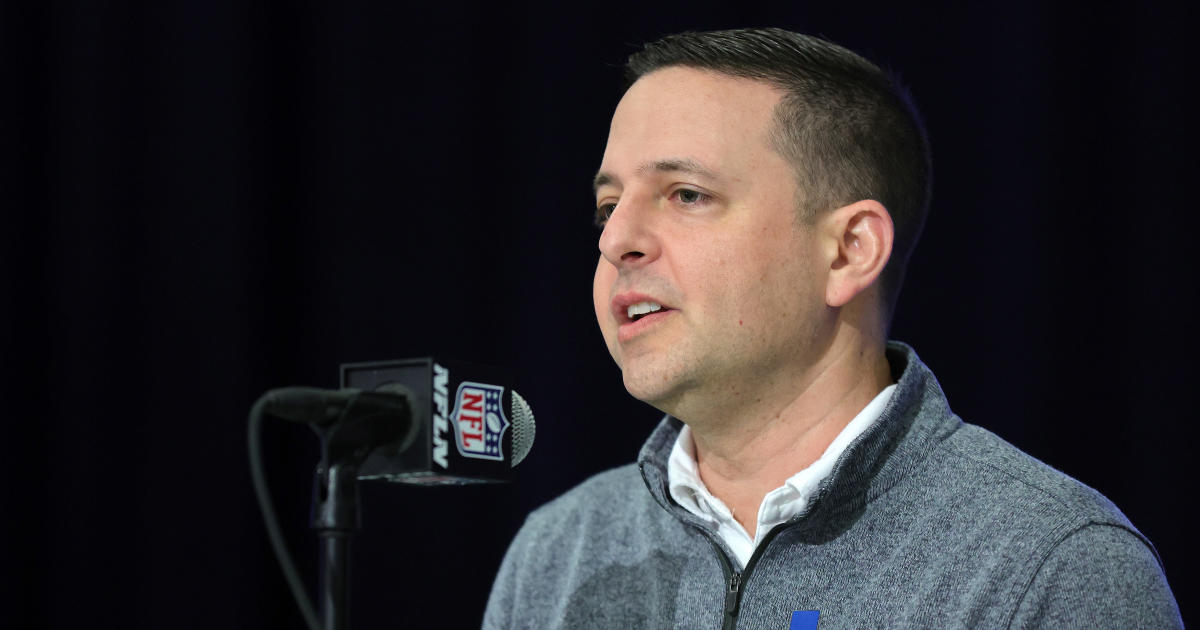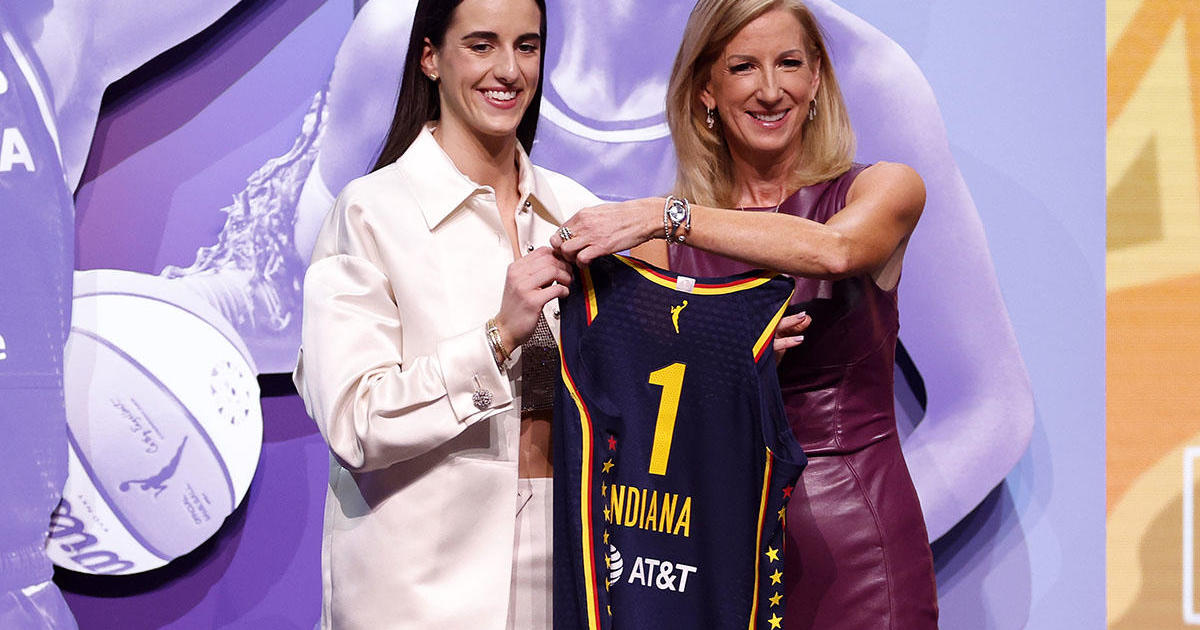New York Times Responds To NFL's Accusations Of 'Ignoring The Facts'
By Michael Hurley, CBS Boston
BOSTON (CBS) -- The New York Times published an eye-opening story on Thursday which revealed some deceitful practices in collecting data on concussions, data which was used to create official reports in 2003 which understated the risks involved with playing professional football.
The NFL, as you might imagine, did not like this story.
The league immediately released a 1,000-word story seeking to correct the record. That statement was later followed up with a 2,500-word missive from the league's PR chief attacking the credibility of the report. The league tweeted out the links and, likely, felt quite satisfied with its zinger of a final line: "The Times had the facts – now you do."
Well, it did not take long for the Times to respond, and the answer was actually quite humorous.
The Times noted that many of the claims from the NFL's own "correction" were never made by the Times in the first place. For example (emphasis added):
"The N.F.L. statement said, 'The Times claims that the concussion studies funded in part by N.F.L. Charities purposely relied on faulty and incomplete concussion data.' Our article did not claim that."
"The N.F.L. statement said, 'The story claims that the League relied on legal advice from Lorillard and the Tobacco Institute.' Our article did not claim that."
"The N.F.L. statement said, 'In fact, the league has never participated – either through its counsel of over 50 years, Covington & Burling, or otherwise – in any joint lobbying efforts with the Tobacco Institute.' Our article did not claim that."
The N.F.L. statement said, 'The Times insinuates that the N.F.L. hired Dorothy Mitchell, an associate at the law firm Covington & Burling, because of her experience in tobacco litigation.' Our article did not say how or why she was hired.
It's quite humorous, really, the NFL trying so hard to attack the credibility of a three-time Pulitzer winner in The New York Times. And to do so by correcting misstatements which were never made in the first place is a curious route to have chosen.
The Times also did correct a couple of "corrections" made by the NFL (again, emphasis added):
"The N.F.L. statement said, 'The studies never claimed to be based on every concussion that was reported or that occurred.' The studies and peer-review statements did, in fact, claim that."
"The N.F.L. statement said, 'Moreover, the fact that not all concussions were reported is consistent with the fact that reporting was strongly encouraged by the league but not mandated, as documents provided to The Times showed.' At least one of the papers said it was, in fact, mandated."
Typically, when issuing a correction, it's important to ... be correct. Alas, when you've got decades of misbehavior working against you, and when you're staring ongoing lawsuits from former players in the face, and when you're trying to put out the brush fire created by Jeff Miller's admission that football is linked to CTE, the only strategy might be to issue long-winded statements and hope people believe them at face value.
You can email Michael Hurley or find him on Twitter @michaelFhurley.



